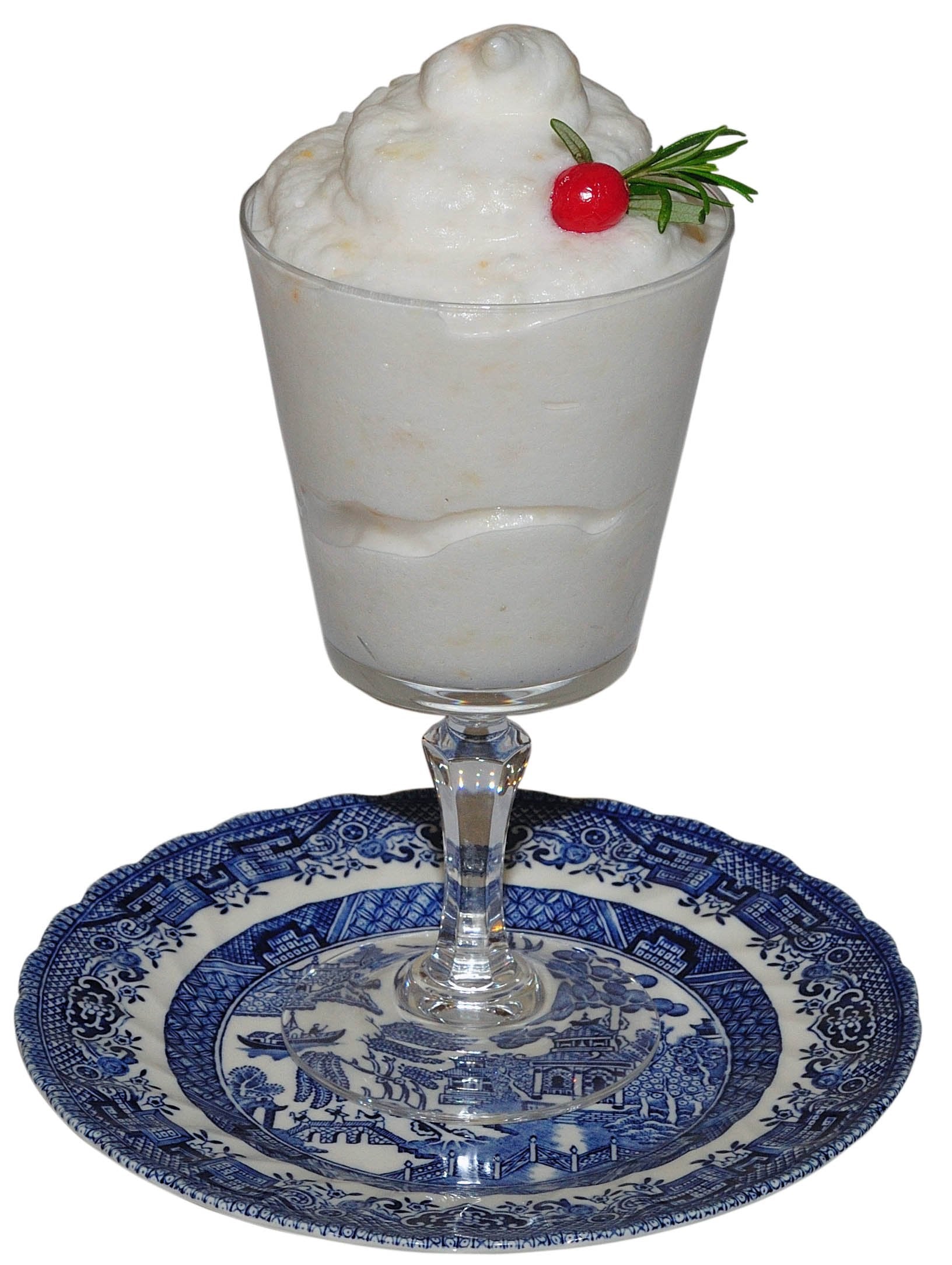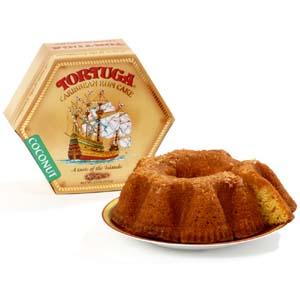Preserve Green Pine Apples
Plants required special hothouses (with built in ovens to keep the temperature tropical) and take at least 2 years to mature; even then, they may produce only one fruit a season.
Truly it was a fruit fit for royalty. Mrs. Austen's great-uncle, James Brydges, Duke of Chandos (1673-1744) was one of the first Englishmen to successfully grow these exotic and prized fruits. Regency cooks sought to use these fruits in many creative ways to preserve them and allow for maximum impact with guests. From centerpieces to "pickles" (canned or candied fruit) they were able to keep them on the table all year long. Strangely, though pineapple flesh is usually white or one of many shades of yellow in color, the following recipe calls for staining the pickled (canned) pineapple green, using vine leaves. Perhaps this accounts for the presence of green candied pineapple on today's market shelves.
To preserve Green Pine Apples
Get your pine apples before they are ripe, and lay them in s strong Salt and Water five Days, then put a large Handful of Vine Leaves in the Bottom of a large Sauce Pan, and put in your Pine Apple, fill up your Pan with Vine Leaves, then pour on the Salt and Water it was laid in, cover it up very close, and set it over a slow Fire, let it stand 'till it is a fine light Green, have ready a thin Syrup, made of a Quart of Water, and a Pound of double refined Sugar, when it is almost cold, put it into a deep Jar, and put in the Pine Apple with the Top on, let it stand a Week, and take Care that it is well covered with the Syrup, then boil your Syrup again, and pour it carefully into your Jar, least you break the Top of your Pine Apple, and let it stand eight or ten Weeks, and give the Syrup two or three boils to keep it from moulding, let your Syrup stand 'till it is near cold, before you pour it on; when your Pine Apple looks quite full and green, take it out of the Syrup, and make a thick Syrup of three Pounds of double refined Sugar, with as much Water as will dissolve it, boil and skim it well, put a few Slices of White Ginger in it, when it is near cold, pour it upon your Pine Apple, tie it down with a Bladder, and the Pine Apple will keep many Years, and not shrink, but if you put it into thick Syrup at the first, it will shrink, for the Strength of the Syrup draws out the Juice, and spoils it. N. B. It is a great Fault to put any Kind of Fruit that is preserved whole into thick Syrup at first.
The experienced English house-keeper: For the Use and Ease of Ladies, Housekeepers, Cooks &etc. By Elizabeth Raffald, 1769
If you don't want to miss a beat when it comes to Jane Austen, make sure you are signed up to the Jane Austen newsletter for exclusive updates and discounts from our Online Gift Shop.




Leave a comment
This site is protected by hCaptcha and the hCaptcha Privacy Policy and Terms of Service apply.